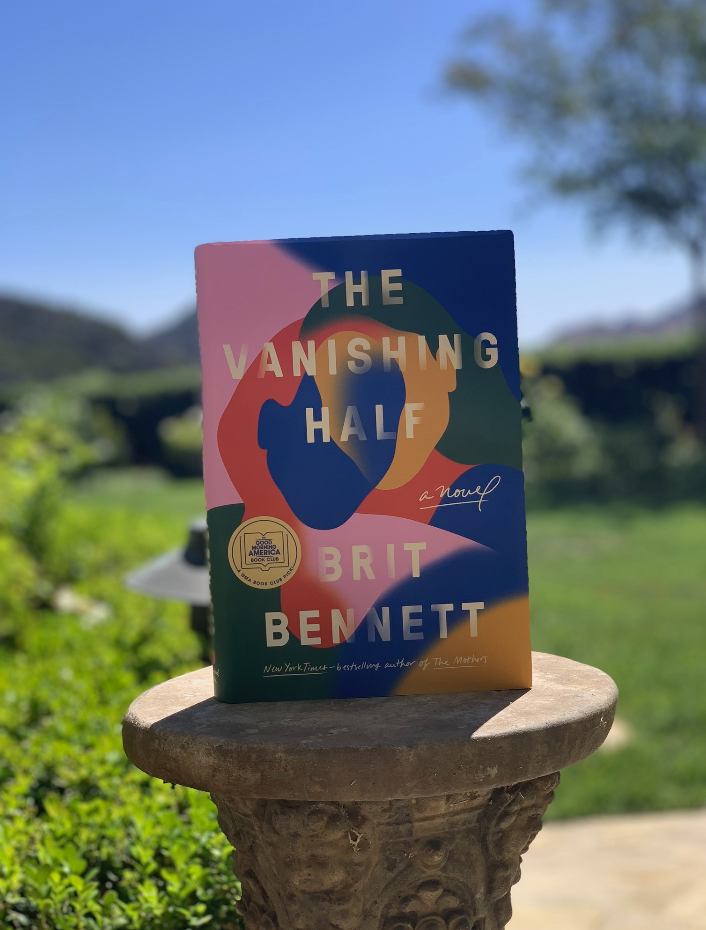On Aug. 26, the United States celebrates Women’s Equality Day in recognition of women gaining the right to vote. This year, as we look back on 100 years the Nineteenth Amendment was adopted in 1920, the Texas Book Festival has compiled a list of novels that celebrate women and explore their role through the years.
Hood Feminism by Mikki Kendall
Author Mikki Kendall takes a look at the exclusive nature of the feminist movement in the United States by calling attention to it is forgetting. This debut collection of essays focuses on intersectionality and examines the role of feminism in issues such as educational inequality, gun violence, and poverty, among other topics.
Becoming by Michelle Obama
Former First Lady Michelle Obama details her journey from early childhood to eight years in the White House in her memoir. Her story is vulnerable and honest, and it empowers readers to stand up against bullies and advocate for progress.
The Secrets We Kept by Lara Prescott
Lara Prescott’s debut novel uses Boris Pasternak’s iconic Dr. Zhivago to tell the stories of female spies in the 1960s and Pasternak’s real-life muse and lover. This historical imagination reveals the power of a love story and its role in ending the Cold War.
The Woman Warrior by Maxine Hong Kingston
Maxine Hong Kingston’s memoir explores her experiences and identities as a Chinese-American growing up in California. The award-winning author weaves her mother’s stories into her own to untangle contradictory tales of female oppression.
Sister Outsider by Audre Lorde
Audre Lorde, Black feminist and civil rights activist, uses her collection of essays and speeches to critique the failures of second-wave feminism and draw attention to those who have been overlooked. Lorde focuses the anger in her essays toward change and hope for the better.
The Vanishing Half by Brit Bennett
In Brit Bennett’s new novel, two identical twin sisters go down two very different paths until the lives of their daughters become intertwined much later. This story tells of these women growing up and finding contrasting racial identities all the while detailing the strength of the bond between family
The Witch Doesn’t Burn in This One by Amanda Lovelace
This book of poetry by Amanda Lovelace uses the symbol of the witch to represent women, with sections titled “the trial,” “the burning,” “the firestorm,” and “the ashes.” Lovelace’s poems have been described as relatable and encouraging, and they come with a mission to uplift women to take action in their own equality.

